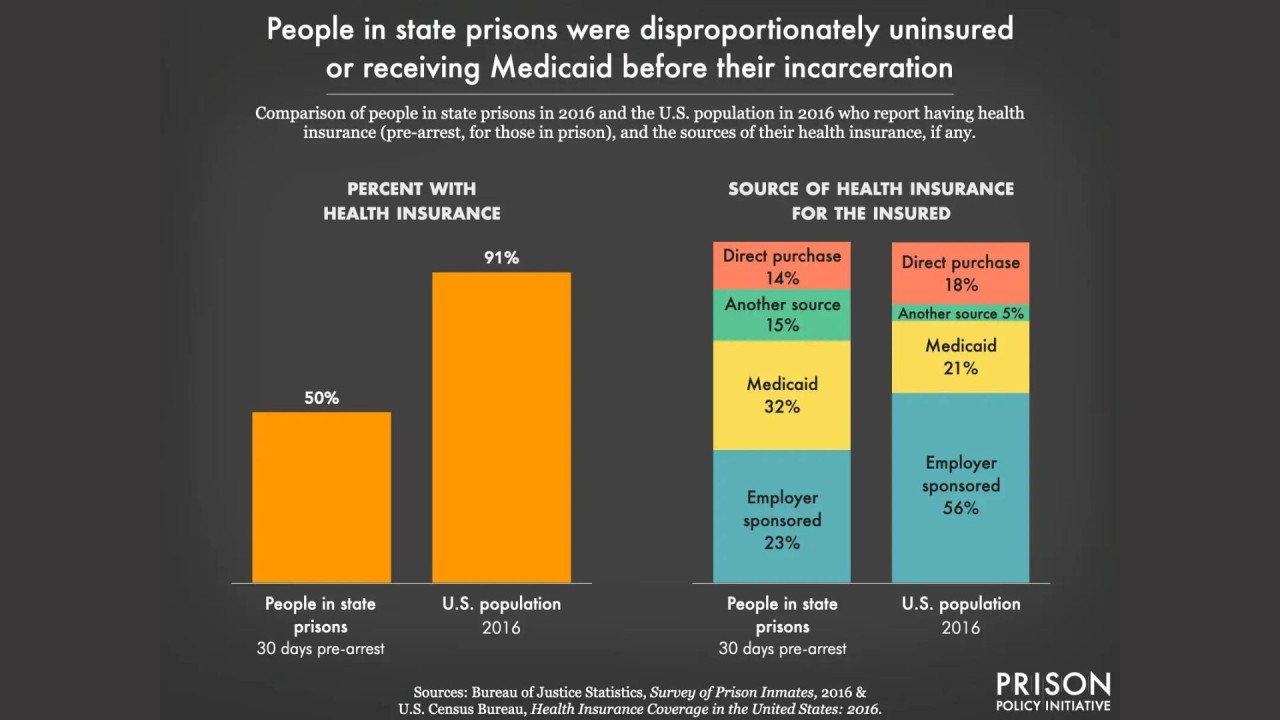
Expanding Medi-Cal Coverage: Ensuring Access to Healthcare for Incarcerated Individuals
According to a recent survey, incarcerated people returning to the community face a variety of challenges, including increased stress as they seek to secure housing, find work, reconnect with family, and engage in other aspects of social life, but the most difficult challenge is dealing with life-threatening health risks and limited access to healthcare.
A study on the pre-incarceration, during-incarceration, and post-incarceration phase show that poor transitions in care and medical system disparities for the incarcerated based on criminal records. Many incarcerated people are found to be suffering from mental illnesses and drug addiction, which are difficult to manage when there is a gap in treatment.
On January 26, 2023, California made history by becoming the first state to allow imprisoned people to receive Medicaid (also known as Medi-Cal) benefits. The new benefits would begin 90 days before discharge to ensure a seamless transfer to the community. This is also significant because it is the first time in history that Medicaid will provide coverage to justice-involved people before they are released. There are 14 states that want to emulate California's lead in offering comparable services to incarcerated people.
According to California's new policy, Medi-Cal will fund substance abuse therapy for qualified imprisoned people while they are still confined and will link them to a community-based practitioner before they are released so they can continue receiving care. It also permits certain mental health treatments, such as the use of long-acting, injectable antipsychotic drugs.
Who else is eligible under California’s Medi-Cal expansion
- People with Chronic conditions
- People with Mental illness and substance use disorders
- People with Disabilities
- Females who are pregnant.
A look at the numbers
Millions of people are expected to be affected, as California releases 500,000 prisoners from state institutions or local jails each year, with approximately 80% of those people being qualified for Medicaid. Los Angeles has the country's largest prison population, and the jail system also functions as the country's largest mental health facility. Due to a chronic physical or mental illness or a drug use problem, up to 80% of the county's 14,500 inmates are eligible for these programs. The new project is budgeted for $235 million in the state's proposed budget for 2023-24. The waiver also includes $410 million in funding for correctional institutions, county behavioral health groups, and community-based clinicians to use for program planning and development.
Regardless of anything, it is important that incarcerated people's healthcare requirements are addressed properly when they re-enter society. Incarcerated people are already set up to fail in multiple areas of their lives and face many disparities when re-entering society. But with the right support, advocacy, and reforms especially in the area of healthcare, they can also be set up to succeed in life and this will have a direct effect on the success or failure of the entire society.
#medical #california #healthcare #incarceration #medicalcoverage